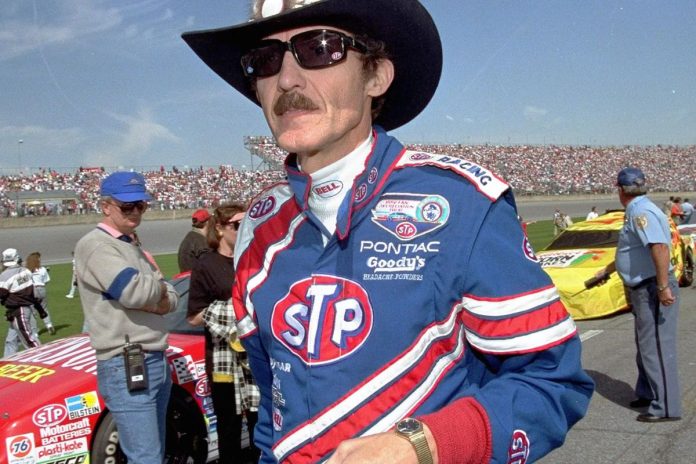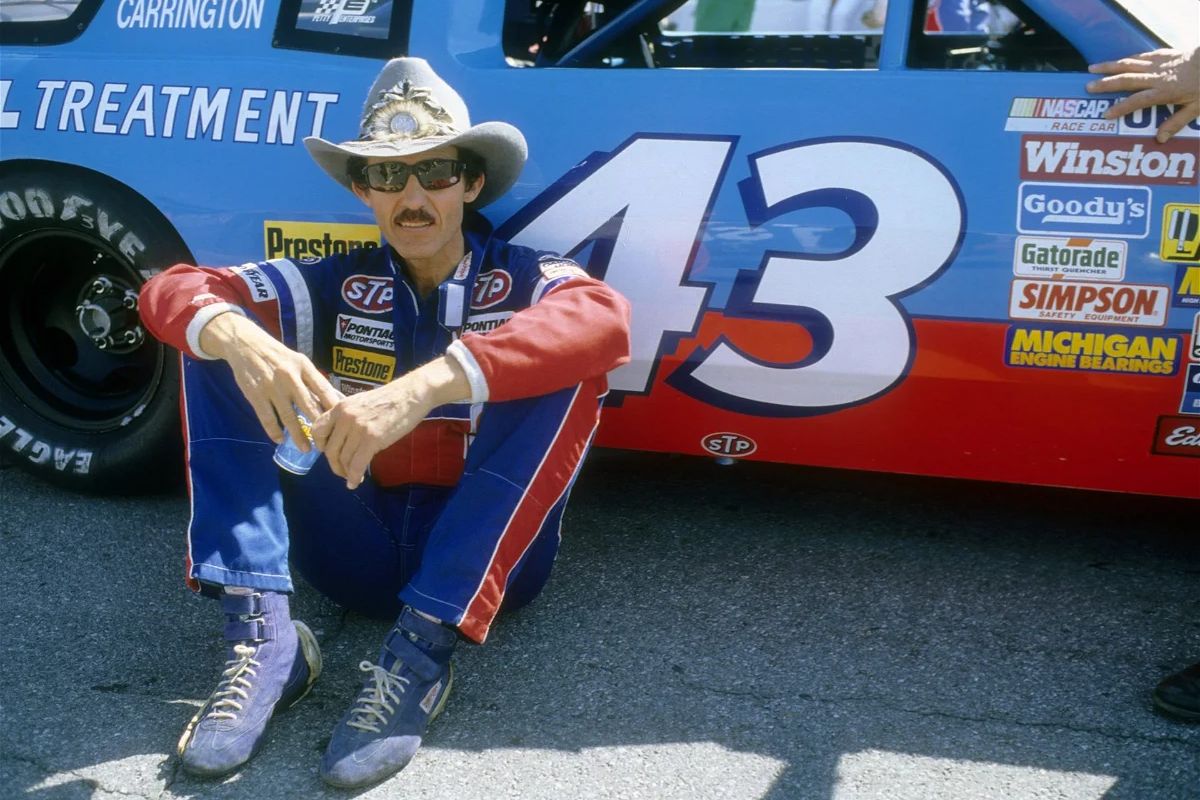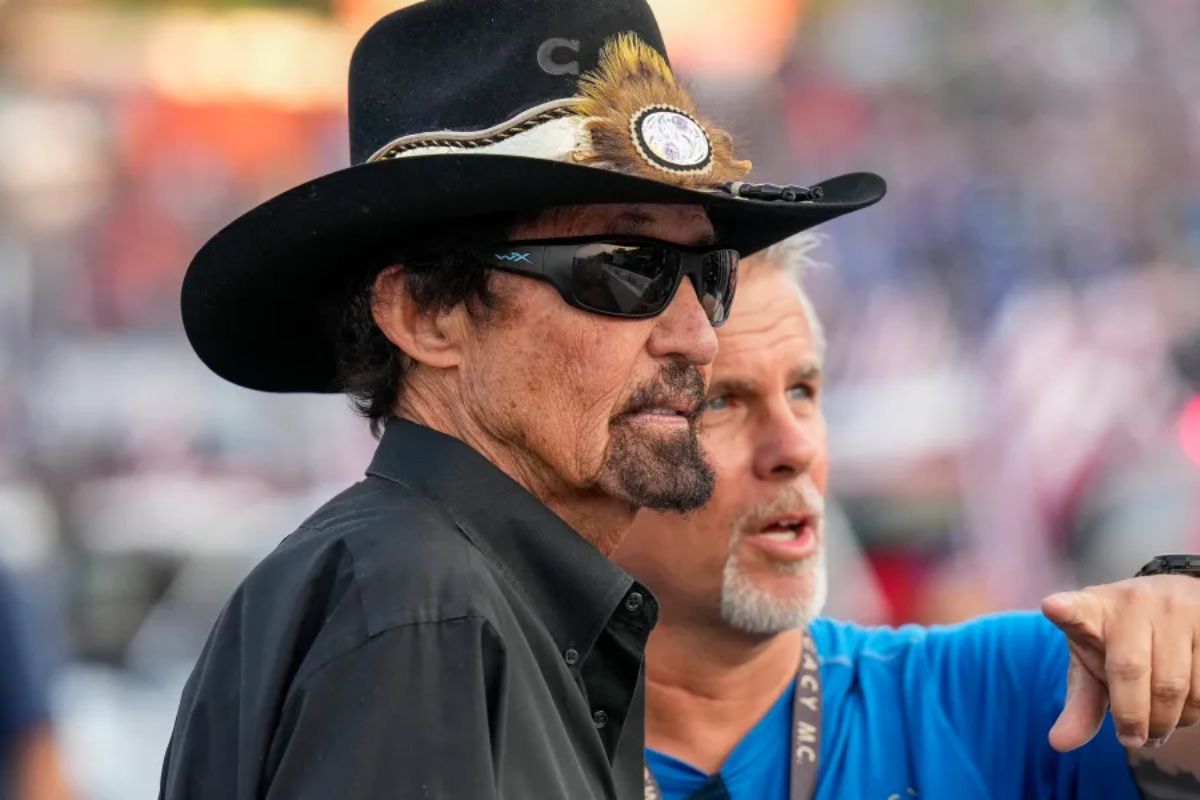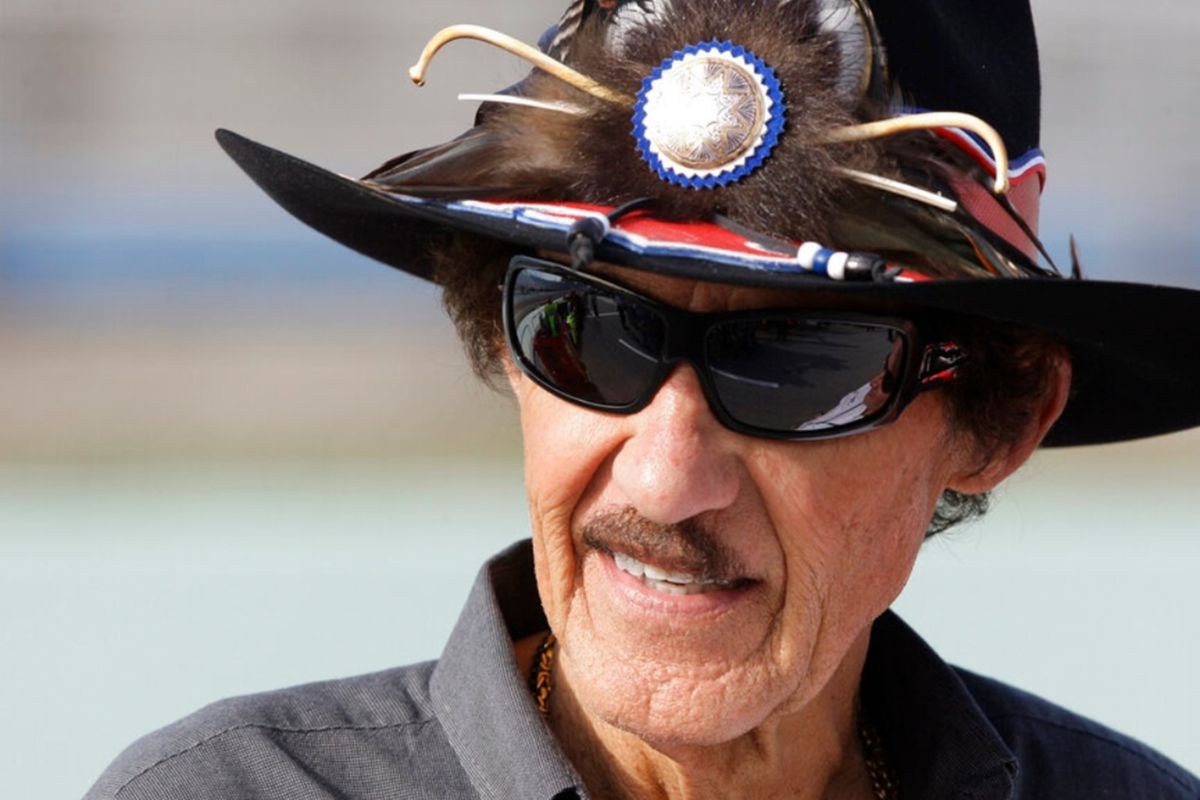Petty’s Next Gen Disappointment: The introduction of the Next Gen cars in NASCAR has started a debate, highlighted by Richard Petty’s pointed criticism. These vehicles, designed for enhanced safety and cost-effectiveness, also emphasize technological parity but seem to have unwanted results—reducing the distinctive driving flair that once characterized the sport. Petty argues that this move towards uniformity might compromise the very unpredictability and individual skill that have historically drawn fans to the tracks.
Key Takeaways
- Richard Petty criticizes Next Gen cars for reducing driver control and overshadowing skill with technology.
- Standardization of Next Gen cars lessens race unpredictability and competitiveness.
- Petty disapproves of the diminished role of engineering creativity and team ingenuity due to uniform car components.
- The equalizing of vehicles under Next Gen regulations impacts overtaking dynamics and race excitement.
- Increased emphasis on strategy over driving skills in Next Gen races leads to Petty’s disappointment with the current state of NASCAR.
Criticism of Next Gen Cars’ Impact on Racing
The introduction of NASCAR’s Next Gen race cars has sparked criticism from drivers, fans, and experts. They argue that the uniformity of the vehicles are reduced greatly. The core of the discontent lies in the standardization of car components.
This uniformity has created most noticeable in the dynamics of overtaking during races. Traditional race strategies that leveraged unique car strengths are becoming outdated. Instead, as evidenced during the race at Texas, drivers and teams are pushed towards strategizing over pit stops and track positions rather than real-time racing tactics. This shift not only impacts the drivers’ ability to showcase their skills but also diminishes the spectators’ experience by reducing the unpredictability.
Richard Petty’s Perspective on Next Gen Cars
Renowned NASCAR legend Richard Petty has expressed significant concerns regarding the Next Gen cars, specifically criticizing how they lower drivers of the ability to influence the race’s outcome through individual driving strategies. Petty’s critique highlights a fundamental shift in the racing model, where technological uniformity overshadows driver skill and adaptability.
“The way NASCAR’s got the cars, they can’t even get close to each other, they can’t race each other, and if you noticed on the green flag stop, we had a caution and the guy up front, if he wasn’t careful, he’d get completely away from the people.”
“If you remember when the race first started, that five car just blowed everybody away, and then during the pit stops somehow, he lost the right rear wheel and he got two laps down, and the way the cautions and stuff were, he was able to make it up, but then he couldn’t go nowhere, he was back in racing with people.”-Richard
Petty’s view is deeply rooted in a traditional understanding of NASCAR, where driver skills and tactical planning played crucial roles. The Next Gen cars, with their standardized components and advanced technologies. His argument is that these changes could potentially levelling races, reducing the spontaneity and individual flair that have long been hallmarks of stock car racing.
Impact on Racing and Driver Performance
The implementation of the Next Gen cars has been a key shift, designed to level the playing field among competitors but also yielding unwanted consequences on racecraft and driver strategy. Drivers like Jimmie Johnson, Christopher Bell, Josh Berry, and Denny Hamlin have encountered considerable challenges, as evidenced by their struggles to maintain control, resulting in spins and off-track excursions.
Drivers, in their quest to push the limits of performance, often find themselves penalized by the unforgiving nature of the Next Gen cars. This has introduced complexity in driver decision-making processes, where the balance between aggression and conservation becomes a key determinant of race outcomes.
Parity Racing’s Consequences
Parity racing, while intended to level the competitive field, often reduces races to mere battles for track position rather than dynamic contests of driver skill and strategic skills. This approach may lower the essence of competitive racing. By placing an excessive focus on maintaining a uniform field, the sport risks diluting the very attributes—skill, innovation, and tactical planning.
- Diminished Distinction Among Drivers: When the competition is artificially tightened, the unique skill sets of top drivers do not translate as dramatically to race outcomes.
- Innovation Stagnation: Teams innovations are reduced. Innovations are neutralized by parity regulations.
- Sponsorship Dynamics: Sponsors often seek association with standout performers and breakthrough innovations. Parity could potentially dilute the marketing value of teams and drivers, impacting financial models.
- Historical Legacy: Racing leagues are built on histories of legendary performances and rivalries. Excessive parity might flatten these narratives, affecting the sport’s tradition and long-term allure.
Challenges and Implications of Parity Racing
The implementation of parity racing in NASCAR presents challenges that effect across competitive dynamics, driver strategy, and fan engagement. With the introduction of the Next Gen car, the competition has become more uniform, leading to a scenario where every driver competes against every other. This has transformed the nature of racing into a quest for better track positioning, which now stands as the primary strategy for gaining control over the race.
This restructured competitive environment challenges drivers to adapt by prioritizing positional gains over the distinctive, assertive actions that once defined NASCAR’s thrilling races. Consequently, while parity aims to level the playing field, it impacts the sport’s unpredictability and excitement. Analyzing these implications, it becomes clear that while parity intends to foster fairness, it may also stifle the very elements—rivalries, individual heroics, and strategic diversity.
News in Brief: Petty’s Next Gen Disappointment
The introduction of Next Gen cars in NASCAR has greatly altered the traditional racing dynamics, emphasizing technological parity over individual driving skills. Richard Petty’s criticism highlights a fundamental shift towards a more uniform and strategic racing environment, potentially compromising the unpredictability and driver-centric nature of the sport.
These changes pose a challenge to maintaining the historical essence of NASCAR, reflecting broader tensions between technological advancement and preservation of the sport’s core competitive attributes.
Our Reader’s Queries
Q. Why is Richard Petty called the King?
A. Richard Petty earns his name “The King” with merit. His track record boasts numerous awards: most wins (200), most poles (123), tied for most championships (seven), most wins in a season (27), most Daytona 500 victories (seven), most consecutive wins (10), and most starts (1,185).
Q. How many Daytona 500 did Richard Petty win?
A. Richard Petty secures his place in history with a record seven victories, with Cale Yarborough trailing in second with four wins. While four drivers have won the event twice in succession, none have achieved the feat of three or more consecutive wins.
Q. What track did Richard Petty win the most races?
A. Richard Petty victory at Daytona International Speedway, securing a record-setting seven Daytona 500 victories and three July 4th race wins.
Q. What car did Richard Petty drive?
A. Richard Petty’s pinnacle year unfolded in 1967, steering his 1966 Plymouth Belvedere GTX to success. Not only did Petty secure his second championship in this vehicle, but it also emerged as a notable record-breaker. With 27 victories, Petty set the bar for the most wins in a single season.
ALSO READ: Richard Petty’s Darlington Crash: The Terrifying Truth Exposed!





